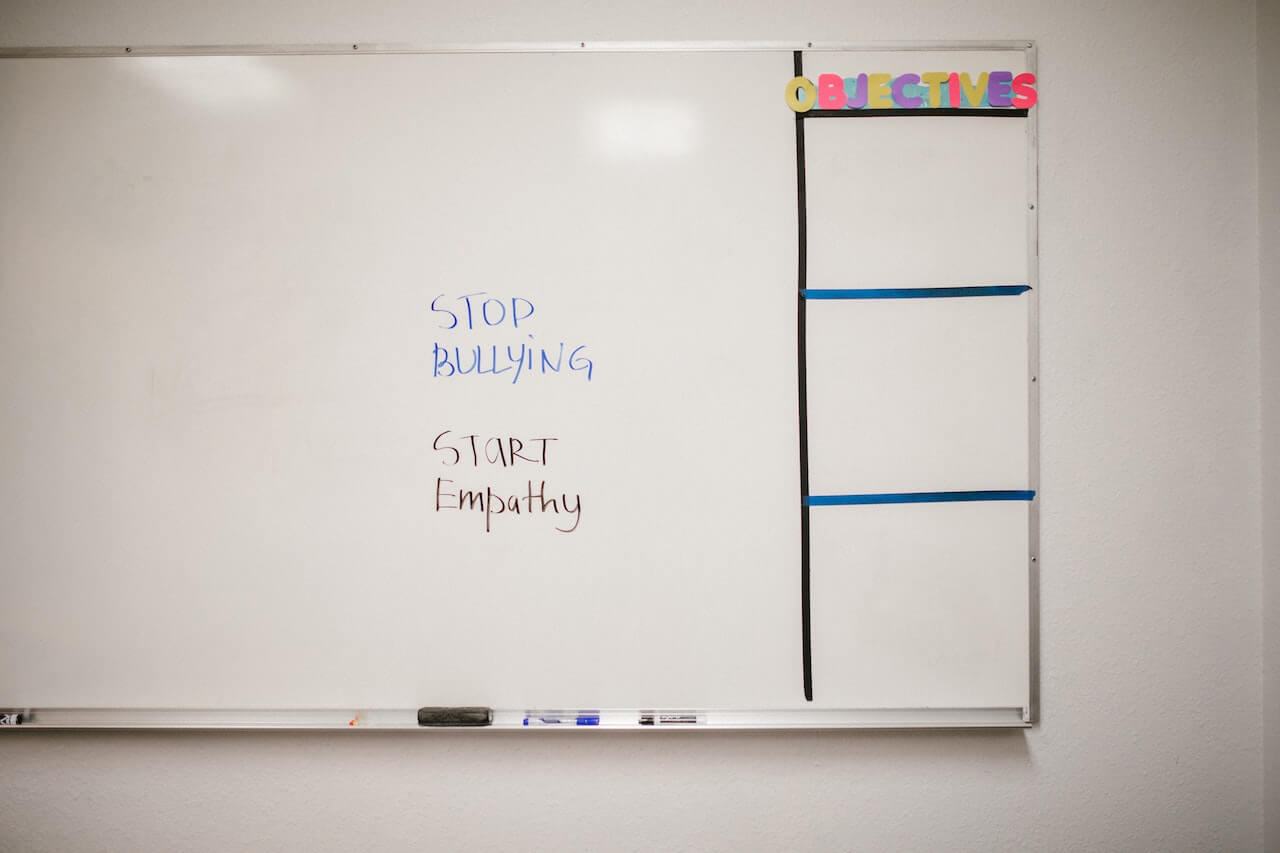Well how did you do last week listening for people’s feelings and needs? Have you noticed when you’ve carried someone’s stone that wasn’t yours to carry?
The final part of this blog series is Empathy- How do we authentically and honestly express Empathy for others as they are dealing with problems and struggles?
In my classes on Communication and Emotional Intelligence, I have my participants examine the difference between Empathy vs. Sympathy. It’s an important distinction when it comes to hearing your co-workers’ problems.
Empathy is about understanding their problems. As you practice listening for feelings and needs, you seek to understand what is going on for them. You are not necessarily trying to fix their problem for them. Empathy does not mean to share their feelings with them, only that you understand what their feelings are. You don’t have to agree with their feelings. This is important. Empathy is not about agreeing with or liking how the other person feels. It’s about staying present to their feelings in an open and understanding way when they are sharing those feelings or expressing them.
Sympathy means to feel the same feelings as another person. You share their feelings. If they are hurt or upset, you are hurt or upset. Sympathy can be tricky if you want to show that you care about someone. Often people will try to suck you into their pity party. They want you to agree with them about how awful a situation is.
You may genuinely feel how they feel about a situation. Empathy is often described as walking in another person’s shoes. With this view of empathy we might feel how they feel. If so, honor that. Just pay attention. It may be that your co-worker is trying to bait you into having an ally in their pain. You can decide if you want to go there with them!
Sympathy may drag you into their emotional problems and lead to you joining them feeling crummy. You can play the “aint-it-awful game” with them if you want. Just know you will start carrying some heavy stones that way.
When you want to refrain from taking on another’s problem, yet listen empathically as they vent, Marshall Rosenberg suggests asking a question “What’s alive in you right now in this situation”? This question often directs attention to someone’s own feelings rather than on what another person is doing to them. I’ve also found this question helpful for myself when I’ve felt upset about something. Asking ‘What’s Alive in me?’, helps me to get more clear on what I am feeling and needing in a troubling situation. From there I can take steps to meet those needs in a caring and understanding way.
See how you can be present to someone who is struggling this week. Notice if you feel an obligation to share those same feelings as your co-worker. Feel what it feels like for you to simply listen to understand what your co-worker is going through. Show up in a caring authentic way with them and allow them to express their feelings without trying to fix, fade, or share their feelings.
*****************
For more resources, see our Library topic Spirituality in the Workplace.
——————
Linda is an author, speaker, coach, and consultant. Go to her website www.lindajferguson.com to read more about her work, view video clips of her talks, and find out more about her book “Path for Greatness: Spirituality at Work” available on Amazon.
 Sections of this topic
Sections of this topic
















